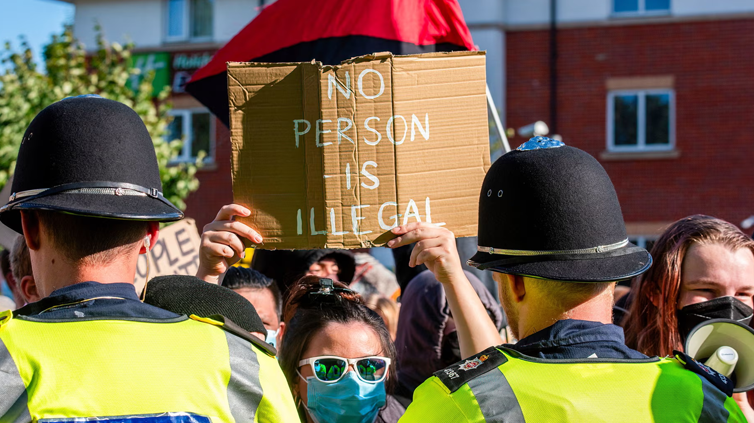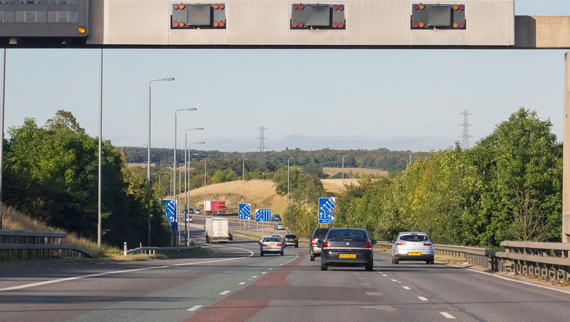UK riots led to deterioration in asylum seekers’ mental health, says report
UK riots led to deterioration in asylum seekers’ mental health, says report
Mental Health Foundation says civil unrest last summer left many fearful of attacks by far-right protesters
Mental Health Foundation says civil unrest last summer left many fearful of attacks by far-right protesters
Last summer’s riots, which took place after the murder of three girls at a Southport dance class, led to a deterioration in the mental health of asylum seekers, with many becoming fearful of walking down the street in case they were targeted by far-right protesters, according to a report.
The report from the Mental Health Foundation, published on Tuesday, identified a decline in the mental health of asylum seekers as a result of the civil unrest and attacks on hotels, compared with the state of their mental health when they published a similar report in February 2024.
Mark Rowland, the chief executive of the Mental Health Foundation, said: “One key development since our last report has been that the racist riots of summer 2024 had a terrible impact on the mental health of many people seeking asylum in UK. Some people told us they were scared to leave their accommodation, risking increased isolation, and others said they feared they’d be attacked walking down the street just because of the colour of their skin.”
He added: “The climate of hostility has increased, especially on social media which played a key role in escalating tensions. Disinformation and racist rhetoric have surged, especially on platforms like X, with some of those who spoke to us reflecting they’d see hate within minutes of logging on to the website. More action needs to be taken by the UK government to stem the impact of disinformation and hate both online and offline.”
The report also called for asylum seekers to have the right to work in any job if the Home Office has not processed their claim within six months, arguing that this would not only boost asylum seekers’ mental health but also increase tax revenue for the Treasury. The data is based on calculations by the Institute of Economic and Social Research.
According to the figures, allowing asylum seekers to work after six months would save the country £4.4bn in government expenditure, grow the economy by £1bn, increase tax revenue by £880m, reduce the mental health impacts of worklessness and destitution on asylum seekers, promote better integration, and reduce dependence on taxpayer support.
The report warned that preventing asylum seekers from getting jobs was leading to “workless stagnation”. It echoes the Lift The Ban campaign, a coalition of more than 300 charities, trades unions, businesses, faith groups and thinktanks, which have urged the government to allow asylum seekers to work in a broader range of industries.
Under the current rules, only some asylum seekers who are qualified in shortage occupations can apply for jobs if their asylum claim has not been determined after a year. In practice this system bars many from working.
Rowland added: “Giving asylum seekers the right to work is a no-brainer. Everyone – from asylum seekers, to businesses, to the government, to the NHS, to our communities – benefits when asylum seekers are given the ability to support themselves. The current system, which is both harmful and expensive, cannot continue as it is.”
The foundation, which supports asylum seekers and refugees with their mental health, through programmes across the UK, also highlighted in the report the acute poverty faced by asylum seekers who sometimes have to make a choice between skipping meals or paying the bus fare for a vital appointment.
Some felt the words “asylum seeker” stigmatised them. One child told researchers she hid the fact that she was an asylum seeker from her school friends for fear of being excluded by them if she told them about her immigration status.
A Home Office spokesperson said: “While the wellbeing of those in the asylum system is important, we remain determined to continue cracking down on anyone working illegally in the UK, and we certainly have no intention of creating a fast-track process so that people who come to the UK outside the established work visa rules are simply allowed to ignore them.”
Yorumunuz başarıyla alındı, inceleme ardından en kısa sürede yayına alınacaktır.


















